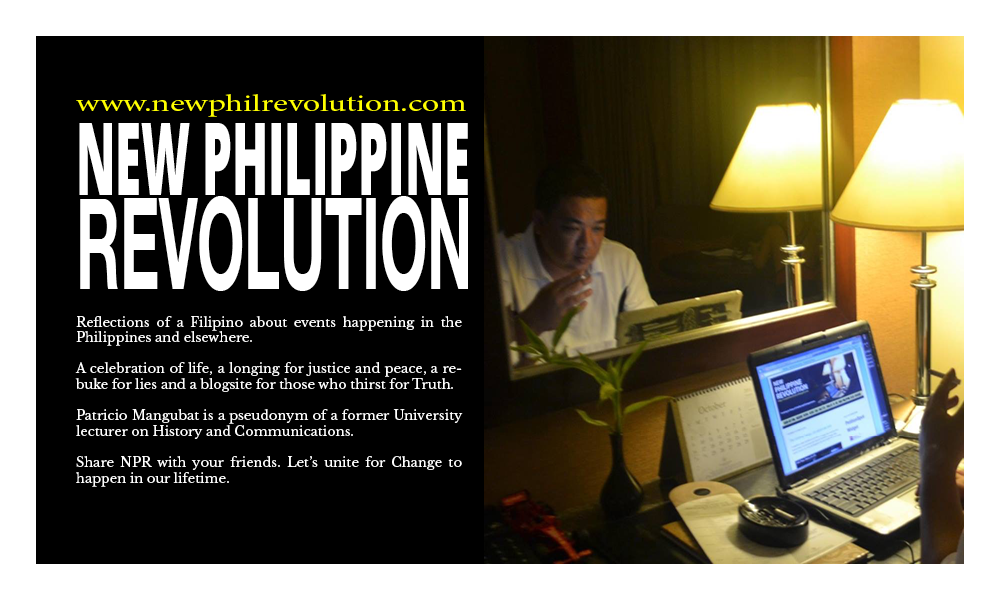Presidential spokesperson Abigail Valte is correct---for Malacanan they should study the matter before they act, an indication of the complexity of the problem which is the Sabah standoff.
Two things---what is the nationality of those individuals who went to Sabah? Are they Filipinos?
Based on their own statements, these individuals belong to the Sultanate of Sulu and North Borneo, a Hashemite Kingdom recognized by the Islamic world. If these individuals claim membership of the Sultanate, then, it follows that they are subjects of the Kingdom rather than of the Government of the Republic of the Philippines.
If the Government of the Republic of the Philippines intervenes and negotiates for their safe passage out of the security cordon laid by the Malaysian government, it will be interpreted as a tacit admission by the GRP that is abandoning its claims over Sabah.
BY recognizing the nationality of these individuals would mean the rejection of the claims of the Kirams over Sabah. The best thing to do in this situation, if I may give my two-cents worth in this is, do nothing. It will be in the best interest of the Philippine government not to intervene in this and allow representatives of both camps, the Sultanate and the Malaysian government, to resolve this standoff by themselves.
However, the complexity lies on the status of this kingdom---is the Hashemite Kingdom that is the Sultanate of Sulu and North Borneo, a legitimate state in the eyes of the international community?
It claims to have territory, a government, an armed force, a constituency and diplomatic recognition--elements that makes a state. Under international law, this should very well be recognized as a state.
Hence, the very act by these individuals in proclaiming the existence of the Sulltanate of Sulu and North Borneo is an act of rebellion against the GRP which claims political sovereignty over the very lands by which the Sultanate claims as its own.
The solution is therefore drastic---for both contending camps to claim sovereign rights, they may have to fight it out---the Sultanate fighting the colonial Philippine state, unless, of course, the GRP enters into an agreement with the Sultanate recognizing it as a sub-state under the protection of the GRP. And you know what this means if the GRP does this--it will strengthen the claims of the Sultanate over Sabah, which directly will affect RP-Malaysian relations.
Of courses, there is still a diplomatic solution to that---for the Sultanate of Sulu to continue giving lease to Sabah to Malaysia, this time, over a just compensation scheme.
The standoff places both states--the Philippine government and the Malaysian government--in a tight bind.

The fact of the matter is we are still weak and up until we have the assets to intimidate Malaysia. We can not do anything but to keep our mouth shut.
ReplyDeleteBut Philippine government must let its people know that Sabah, Philippines is ours.
I grew up in Mindanao and lived as a Canadian citizen now. I remember we were young back then. We always talk about Sabah among us kids that this land belongs to the Tausugs.
ReplyDeleteYes, Sabah, by historic right and title, belongs to the Sultanate of Sulu. If the Sultanate of Sulu recognizes the sovereignty of the Philippine government over it, then, it includes, sovereign rights even of lands owned by the Sultan.
ReplyDeleteit's simple logic... if Sabah(A) (leased by the British and evidently Malaysia..they are paying rent, aren't they) is rightfully under the Sultanate of Sulu(B)....And the Sultanate of Sulu swears allegiance to RP(C) as a citizen then Sabah(A)<Sultanate of Sulu(B)<RP(C).
ReplyDelete